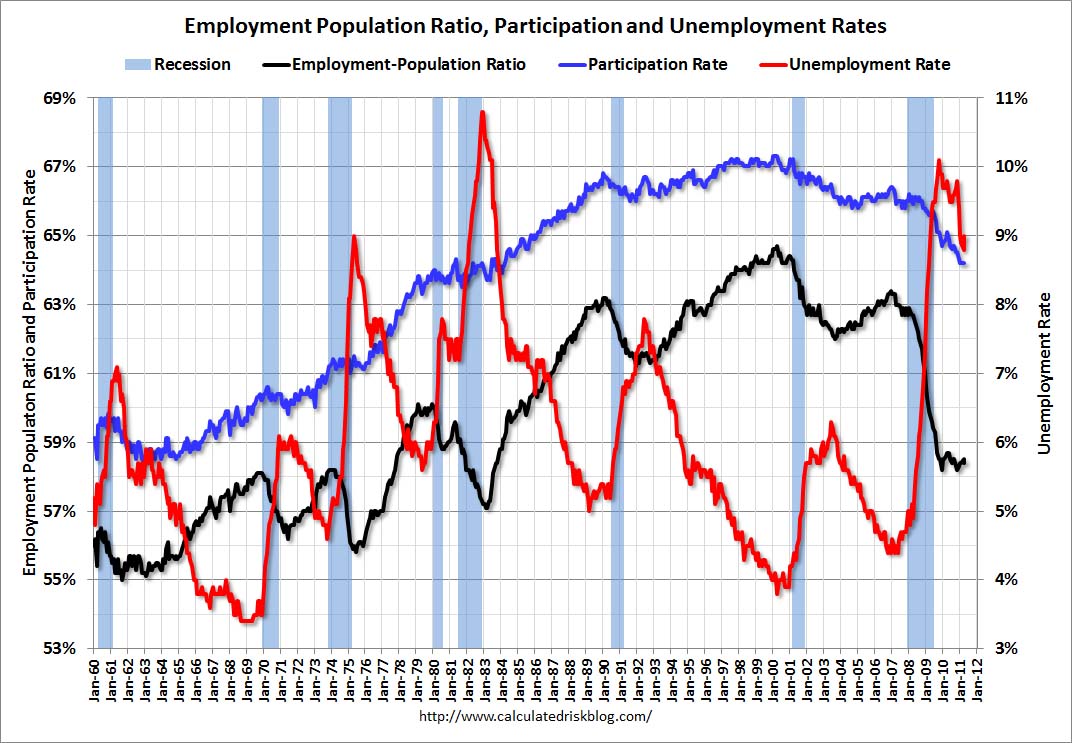For the past few weeks, European leaders have been considering options like a restructuring or reprofiling of Greek debt in an effort to solve the crisis. Instead, with the IMF planning to take out its cash unless Europe provides financial stability for Greece through 2012, EU leaders must again piece together a politically dangerous bailout. They're demanding the sacrifice of politically sovereignty to do so, which won't go over well in Greece and is unlikely to quell discontent in Northern Europe.
But even if this deal gets done, it won't be the last bailout for Greece, with the real existential question pushed back to 2013.
From the Financial Times Wolfgang Münchau:
Of course, the time will come when this game has to stop. I guess that will be sometime between 2013 and 2016. Greece and possibly other countries of the eurozone’s periphery will then have to default but the main creditors left by then will be EU governments and the IMF. The EU’s political leaders will then have to take a tough decision. Will they forgive Greek debt, which would be a massive fiscal transfer? Or will they allow the eurozone to crack up, which would also be a fiscal transfer?
The costs are high, with further transfers from the north to south threatening the credit ratings of more stable European sovereigns, not to mention political stability in those countries.
But not providing these fiscal transfers is also a threat, albeit of a different kind. It's an existential threat to the eurozone, to the European project, and all the continent's progress since the end of World War II.
A retreat to nationalism, already evidenced politically, would mean a retreat from Europe. For many European leaders, that smudge of failing Europe on their record is not acceptable.
It's going to take a political solution to solve the crisis, with the creation of a fiscal union and the retooling of current European power structures to cope with the demands. But the possibility of a nationalist "accident" remains very high.





